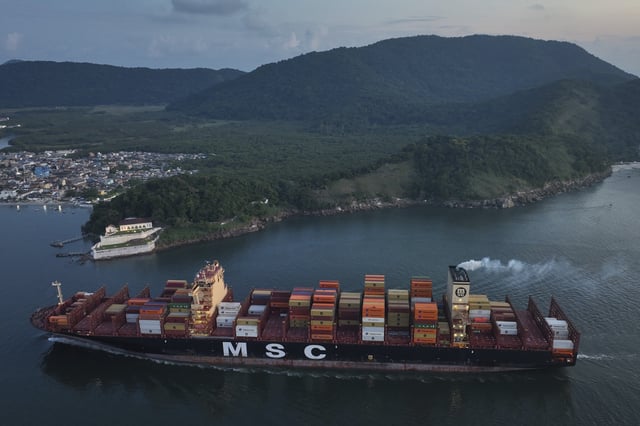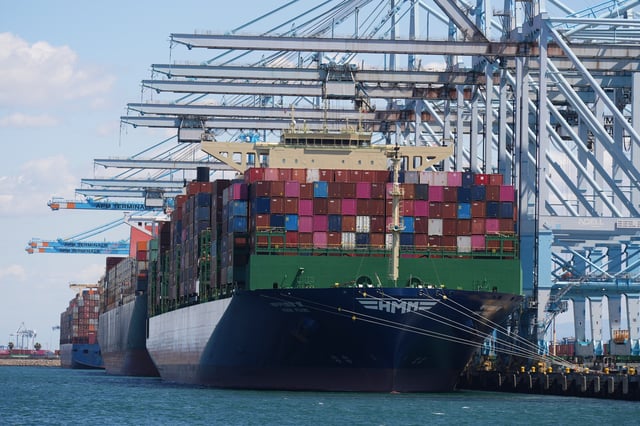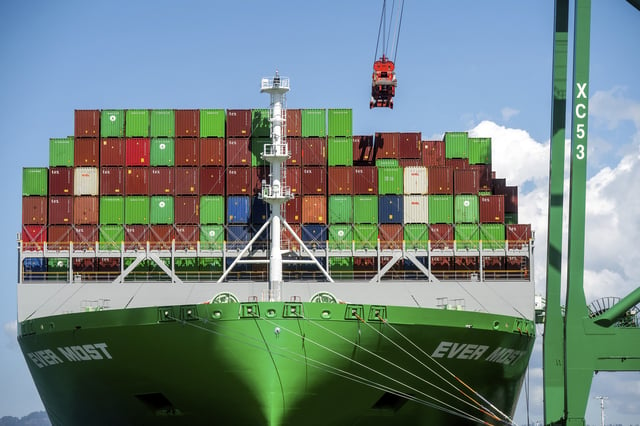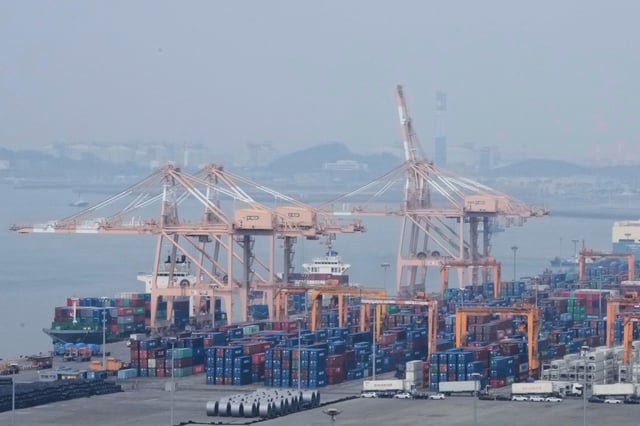Overview
- The International Maritime Organization (IMO) is working to finalize regulations for a global carbon tax on shipping emissions and cleaner fuel standards to achieve net-zero emissions by 2050.
- Pacific island nations and over 60 countries advocate for a flat emissions levy, while nations like China, Brazil, and Saudi Arabia push for a credit trading model, reflecting economic and equity concerns.
- Revenue from the proposed levy could support developing nations in transitioning to greener shipping technologies, addressing disparities in resources and capabilities.
- Critics argue that compromising on a universal levy could undermine climate goals and allow wealthier shipowners to buy compliance while continuing to pollute.
- Formal adoption of the finalized measures is expected in October 2025, with implementation planned for 2027, marking a pivotal moment for global shipping decarbonization.



